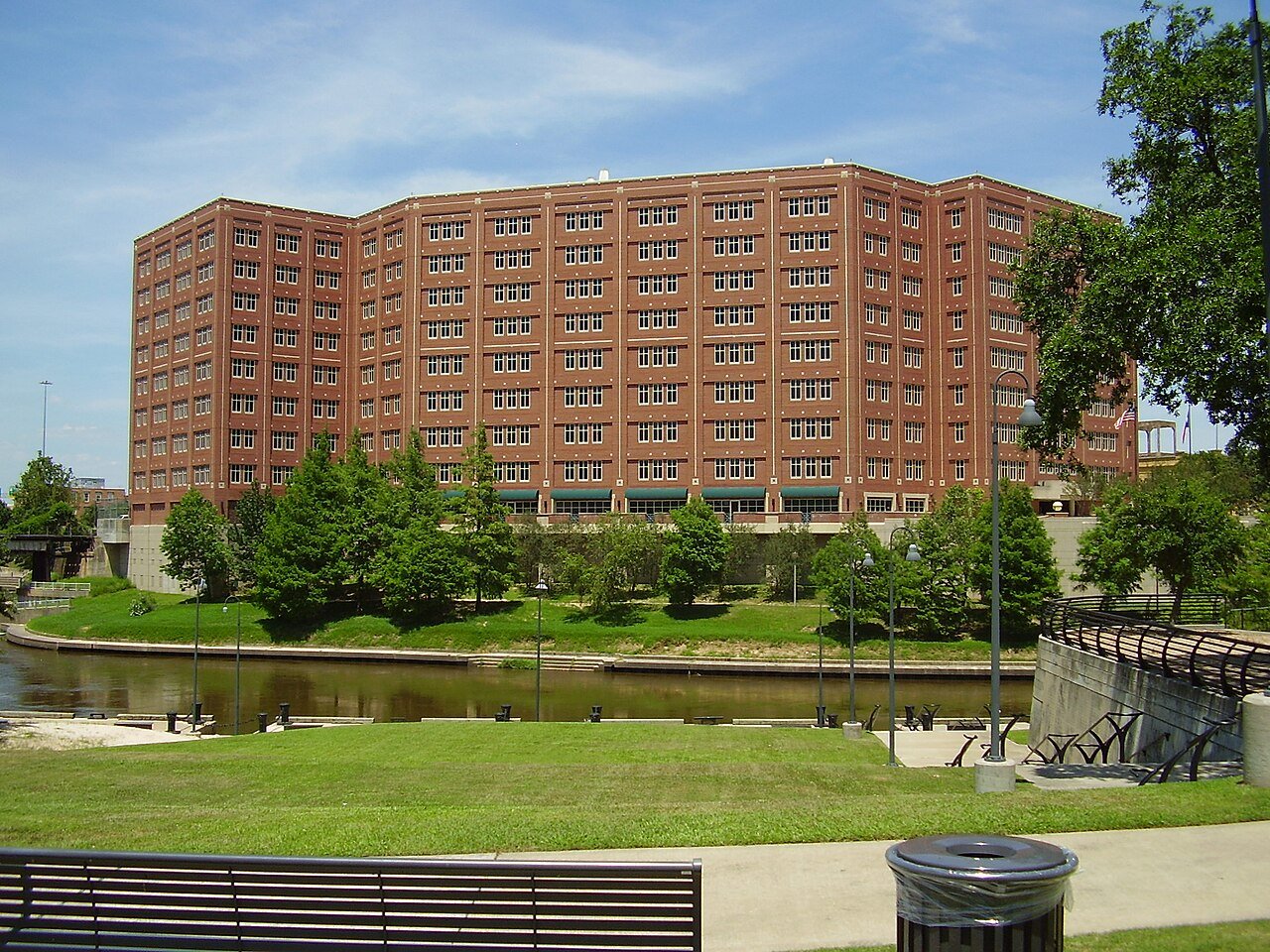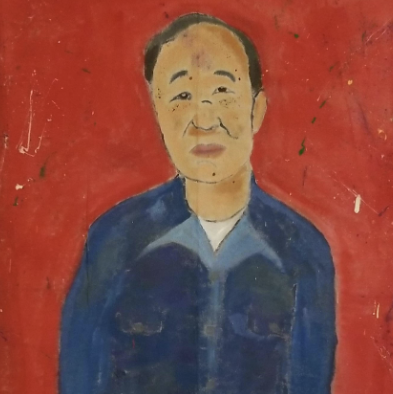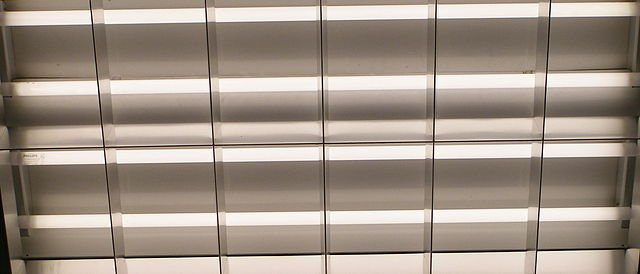Solitary Confinement
The use of solitary confinement harms those who are already most vulnerable.
Many prisons put people with serious mental illnesses in solitary confinement when they behave erratically even though it is well-documented to exacerbate mental illness. These punitive responses create a negative feedback cycle where mentally ill people are put in solitary confinement where they attempt suicide and then are punished for doing so with more solitary confinement.
Who is impacted?
-
Prisoners with auditory or visual impairments are often place in “protective custody” where they are confined to a parking lot-sized cell for 22 hours a day.
-
Transgender women housed in all-male facilities are placed in security housing units or involuntary segregation after they report having been sexually assaulted.
-
Incarcerated pregnant people are placed in small solitary cells for purposes of “medical isolation,” where they experience thrombosis or miscarriages due to limited mobility.
Our Solitary Confinement Cases
Donate to support our litigation and advocacy work
Rights Behind Bars is a 501(c)3 nonprofit corporation registered in the District of Columbia. Our Tax ID # is 84-3084416. All donations are tax deductible.



